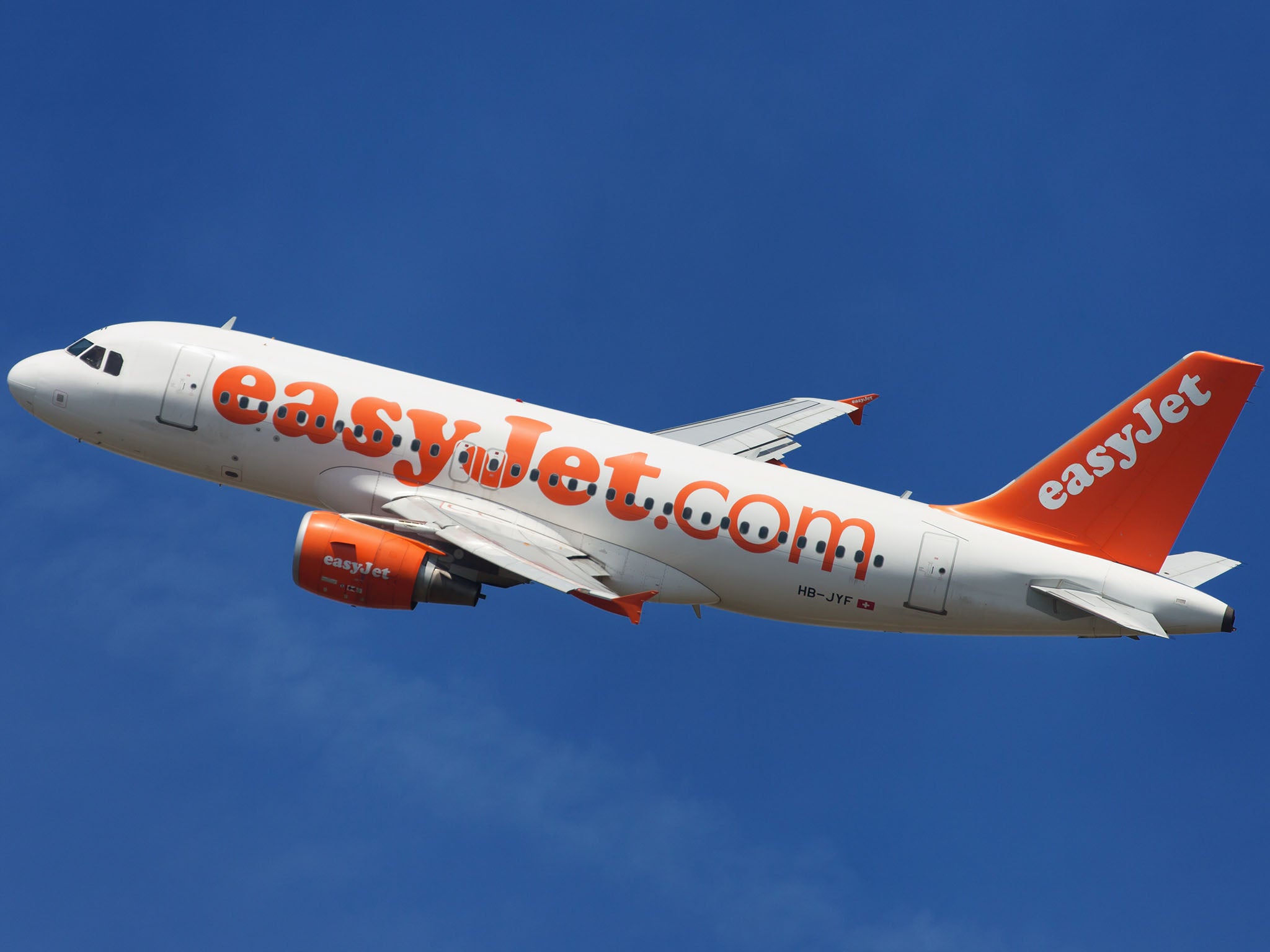Why a planeload of easyJet passengers was stranded for three days in Jersey
Plane talk: If your flight this month is no more than an hour or two late, count it as a success

Organised chaos: that seems about the right term for the state of flight operations over Europe, on what may be the busiest weekend in the busiest summer ever.
The captain of my Thomas Cook Airlines flight from Gatwick to Kavala in northern Greece warned it would be slow going. Yet we left only mildly late on Friday morning and threaded through crowded skies over France, Germany, Switzerland, Austria and the territorial jigsaw formerly known as Yugoslavia to circle in over the Mediterranean and land more or less on time.
If your flight this month is no more than an hour or two late, I suggest you count it as a success.
Everything in aviation looks stretched to the limit this summer, as 135 easyJet passengers hoping to fly from Jersey to Newcastle discovered this week. They waited over 48 hours to escape the lovely Channel Island after their plane resisted all efforts to be mended. Eventually a replacement Airbus was flown in from Milan to take them to Tyneside.
Their enforced stay was funded by easyJet, which under European air passengers’ rights rules is obliged to provide hotels and meals.
Airlines that went bust
Show all 12The airline must also pay compensation, set at €250 per person. One silver lining to travellers from the slump in the pound: the amount owed by airlines that delay or cancel flights has increased in sterling terms, and today that payment is worth £230.
Besides the accommodation costs, easyJet stands to hand out over £31,000 to passengers. In this bizarre European legislation, payments bear little relation to the amount of upset and inconvenience endured by passengers. That same figure would apply had the travellers been delayed by a mere three hours.
The regulations known as EU261 incentivise airlines to delay one group of passengers for days rather than arrange a shorter wait for two planeloads.
The jinxed Jersey easyJetters may have been miffed to see, halfway through their enforced stay, an easyJet Airbus depart from the island to Newcastle with no delay at all.
Yes: the passengers booked to fly on Tuesday eventually took off on Thursday, even though there was a plane to their destination on Wednesday.
As with a problem, a delay shared is a delay halved. And it can also help manage expectations. Had easyJet decided to put the Tuesday passengers on the Wednesday flight, the delayed travellers would at least be able to predict they would be home exactly 24 hours late. Meanwhile, the Wednesday people could be warned they were in line for a delay and therefore plan accordingly.
But you can’t fault easyJet’s logic: why pay out another £30,000-plus for a second delayed planeload when the compensation costs for the jinxed jet will not increase whether they stay an extra day or another week?
EU261 is the sort of flawed legislation that gives the European Union a bad name, and is the process of being reviewed in Brussels. Ironically, the UK government has assured travellers that the rules will be replicated wholesale after Brexit (though I speculate the compensation amounts may be stipulated in pounds or even guineas, rather than euros).
Perhaps it is because some of the European air passengers’ rights rules are so ridiculous that the airlines have learned they can pick and choose with impunity which to ignore. Many airlines ignore the obligation to re-route stranded travellers “at the earliest opportunity”.
While the breakdown of a Condor ferry has put pressure on flights from Jersey this week, I imagine that the Flybe schedule to airports across the mainland would have helped the easyJet passengers get back more quickly – flying, say, to Southampton or Bristol and flying on from there.
The Civil Aviation Authority ordered airlines to clean up their act by the end of June 2019, but I see absolutely no evidence that they have. The law may be profoundly flawed, but this key aspect of passengers welfare should be enforced.
Subscribe to Independent Premium to bookmark this article
Want to bookmark your favourite articles and stories to read or reference later? Start your Independent Premium subscription today.

Join our commenting forum
Join thought-provoking conversations, follow other Independent readers and see their replies